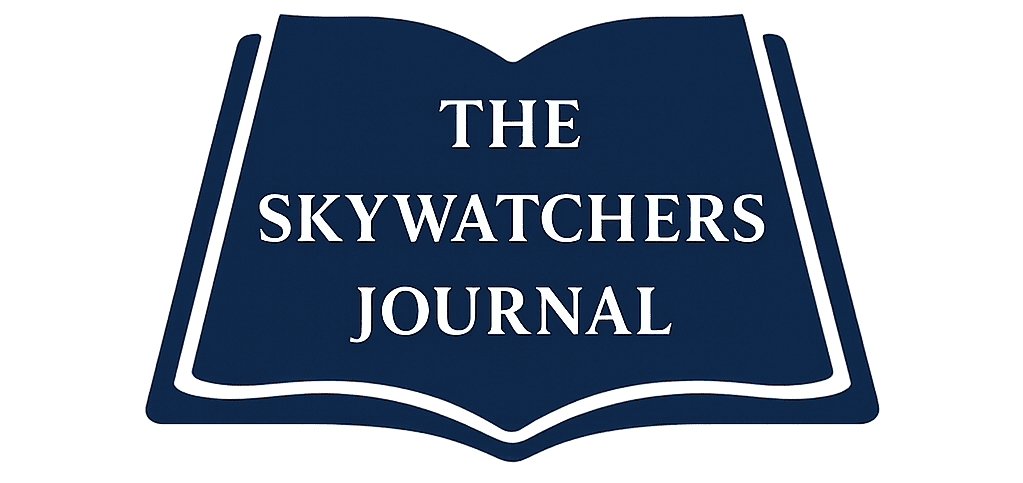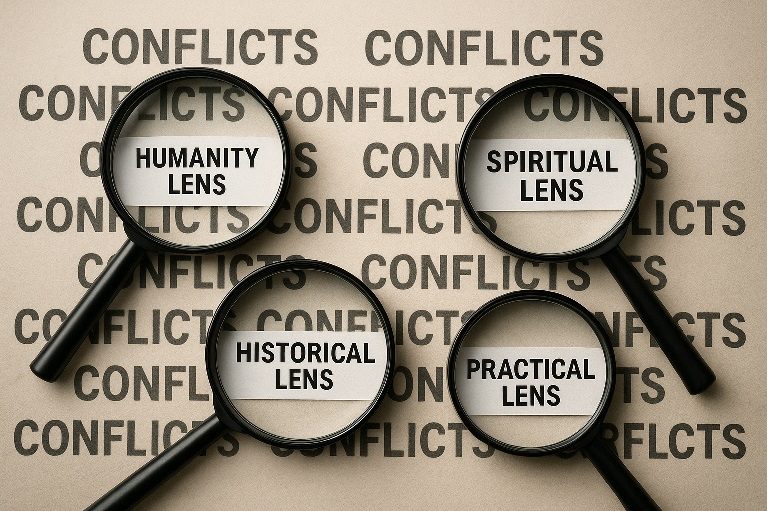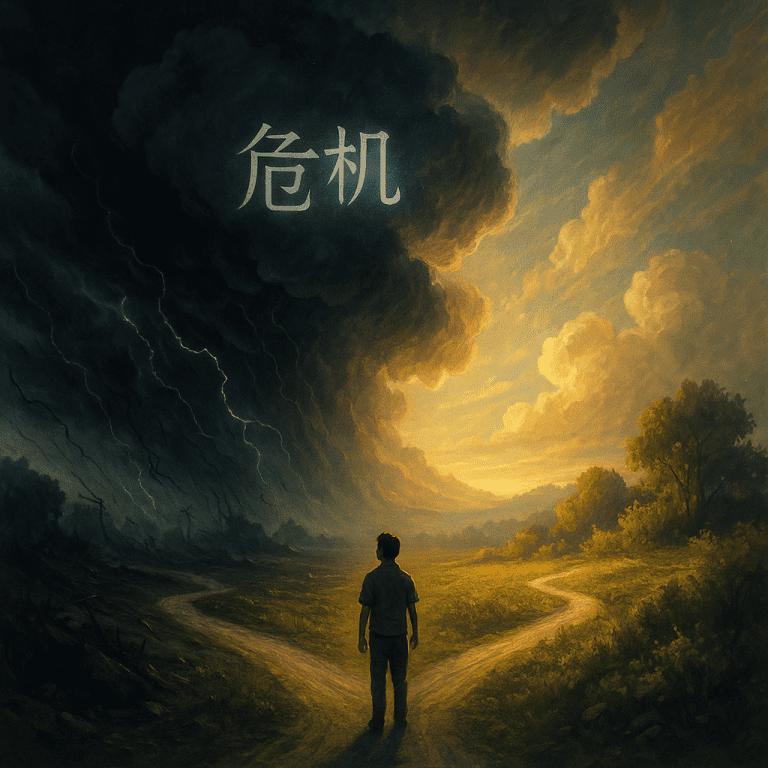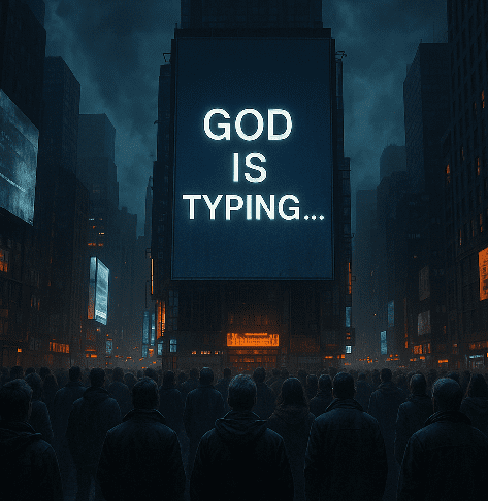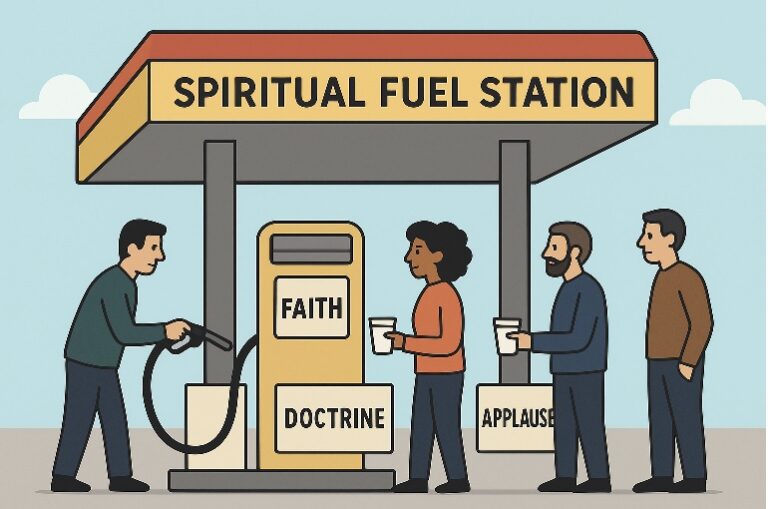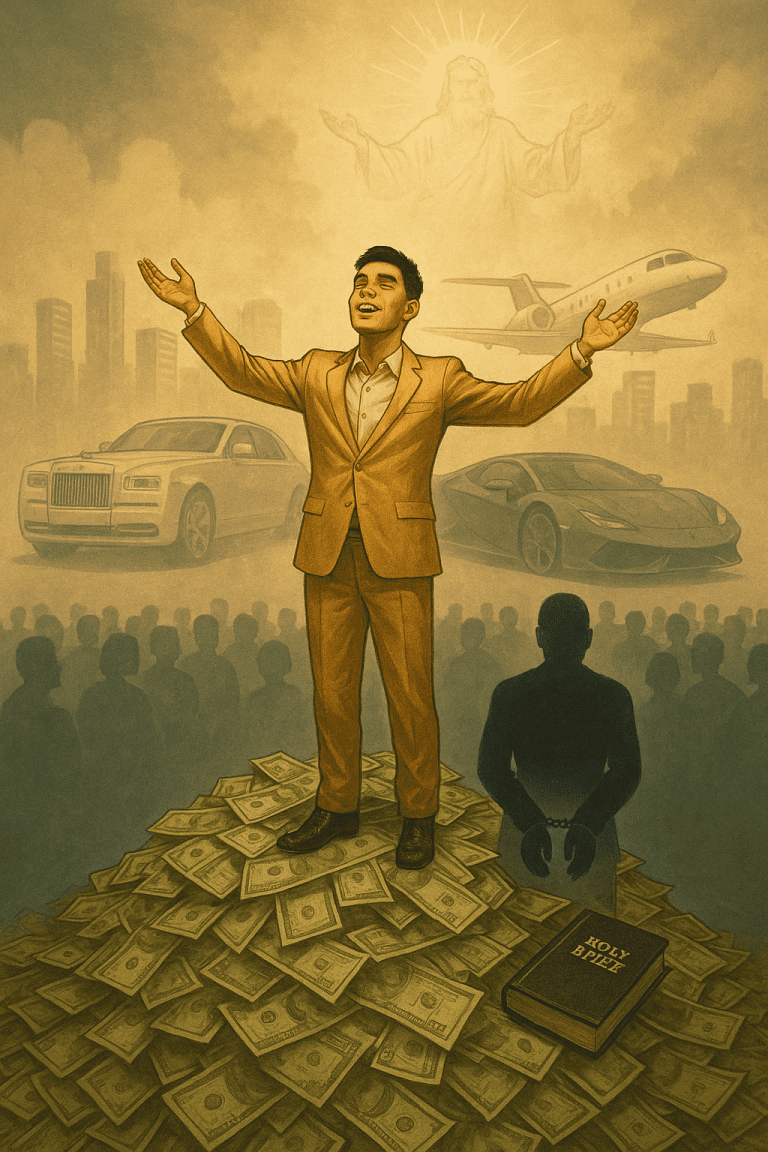Seeing Through the Lenses: How Humanity, Spirituality, History, & Practicality Can Guide Us Through Conflicts
Conflicts will always exist. They might come from history, identity, or security. They might erupt in our homes, at work, or on the global stage. But how we choose to see those conflicts determines whether we fuel more fire or build bridges.

That’s where the idea of lenses comes in. Just as a photographer uses different lenses to capture the same scene from new angles, we can look at life through multiple perspectives. One lens alone may distort reality—but combined, they give us a sharper, truer picture. So let’s walk through some of these lenses and see how they can shape the way we act.
1. The Humanity Lens: Compassion Before Division
This lens asks us to pause and see the human cost before we argue about who’s right.
Wars illustrate this vividly. Israel justifies its actions in Gaza as security measures. Russia claims to protect Russian speakers in Ukraine. These arguments may hold weight politically, but through the Humanity Lens, another truth emerges: children go hungry, families scatter, cities crumble.
Zoom down to everyday life: maybe it’s your workplace, where one colleague is always loud, defensive, or disruptive. Instead of only seeing the irritation, the Humanity Lens asks: what’s behind that behavior? Stress? Fear? Loneliness? Compassion doesn’t excuse the behavior, but it prevents us from losing our own humanity while responding.
And when compassion is absent, the consequences can be devastating. On September 28th, a man stormed into a church in the United States and opened fire on worshipers. Police later killed him, but not before lives were lost and families shattered. His motives remain unclear, but what is clear is this: he failed to see the humanity of those before him. A single act without the Humanity Lens turned a place of prayer into a scene of carnage.
It’s the same reason picket fences exist—they remind us of boundaries, but they also remind us that being a good neighbor sometimes means overlooking annoyances rather than escalating them.
2. The Spiritual Lens: Wisdom Beyond Ego
The Humanity Lens grounds us in care, but the Spiritual Lens lifts us higher. It invites us to ask: What might the Creator’s perspective be?
Here, wisdom often looks like restraint. Think of Solomon and the two women fighting over a baby. Each wanted the child, but wisdom revealed who truly carried love, not just entitlement.
Applied today, the Spiritual Lens might stop us from firing back an angry email, slamming a door, or holding a grudge. It challenges us to rise above our tribal instincts, to see conflicts not as enemies to crush but as teachers nudging us toward growth.
Without this lens, society becomes a room full of people whose babies have died, each trying to split someone else’s just to feel better. With it, we begin to see conflicts as temporary, and peace as eternal.
3. The Historical Lens: Context Before Judgment
Every conflict has a backstory. Nations go to war because of old wounds and broken promises. Families clash because of generational patterns. Even your angry neighbor might be replaying scripts learned in childhood.
My own father, for example, struggled with high blood pressure. It sometimes showed in his sharp temper and high expectations. My polite mother balanced him out, and as his children we learned to keep things cool—our version of the Humanity Lens. Looking back, I realize we weren’t just reacting to him in the moment. We were absorbing a history, one that shaped how we now approach others.
The Historical Lens reminds us that when people explode, they rarely start from zero. Something—or someone—laid the tracks long ago.
4. The Practical Lens: Solutions Over Ideals
Finally, we need a grounded lens—the one that helps us act.
Yes, compassion matters. Yes, wisdom matters. Yes, history matters. But at the end of the day, we need tools to avoid or resolve conflict.
- Sometimes, the tool is silence—choosing not to escalate.
- Sometimes, it’s humor—breaking tension with laughter.
- Sometimes, it’s structure—picket fences, workplace rules, or family boundaries.
And sometimes it’s pure survival—the first law of nature. If self-preservation means stepping back rather than proving a point, then that’s not weakness. It’s wisdom disguised as practicality.
Learning From Our “Free Classrooms”
If you look closely, life gives you free classrooms everywhere: parents, relatives, neighbors, colleagues. Each conflict you witness is a lesson—what to do, what not to do, what works, and what fails.
The tragedy is when we refuse to learn. Like rappers who watched a crack-dealing father suffer, yet fall into the same trap. Or neighbors who watched one feud destroy a family, yet start their own over a barking dog. Missing these lessons is like skipping class and expecting to pass the exam.
The classroom is free. The lessons are paid for in someone else’s pain. Why not learn?
Putting It All Together
When we combine these lenses—Humanity, Spirituality, History, Practicality—we stop seeing conflict as just a battle of wills. Instead, it becomes:
- A chance to care for others (Humanity).
- A call to rise above ego (Spirituality).
- An opportunity to understand context (History).
- A push to find workable solutions (Practicality).
Conflict will never disappear, from the global stage to the family table. But through the right lenses, we can avoid making it worse—and sometimes even turn it into growth.
The alternative is what we saw on September 28th, when a man entered a U.S. church and opened fire on worshipers. His reasons may never be fully known, but his failure to use the Humanity Lens left behind pain, loss, and unanswered questions. If we neglect these lenses, we risk letting anger, fear, or blindness dictate our actions—with consequences that ripple far beyond ourselves.
Next time you feel yourself getting pissed off at someone—whether in traffic, at work, or even at home—pause. Run your mind through the four lenses: Humanity, Spirituality, History, and Practicality. More often than not, you’ll find that letting things go is far more powerful than reacting.
I’ve had to learn this myself—maybe my high blood pressure plays a role—but restraint has saved me from needless battles. As Kenny Rogers once sang in Coward of the County, sometimes you do need to stand up. But most times, the wiser move is simply to sit it out.
Because the truth is, most conflicts don’t need to escalate. They don’t need to become the tragedies we see in the media, where anger boils over, guns are picked up, and lives are destroyed. Sometimes, the strongest response isn’t retaliation—it’s restraint.
So before you react, ask yourself: Which lens can help me see this differently?
